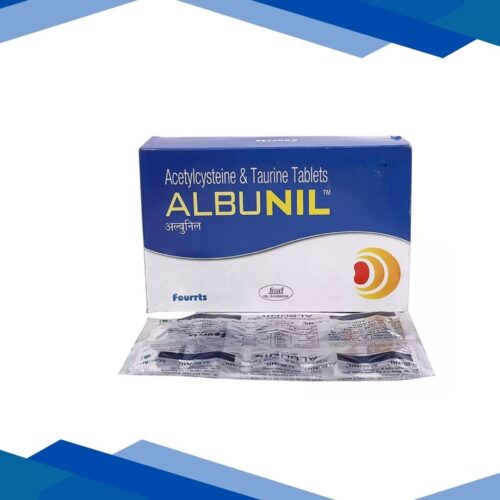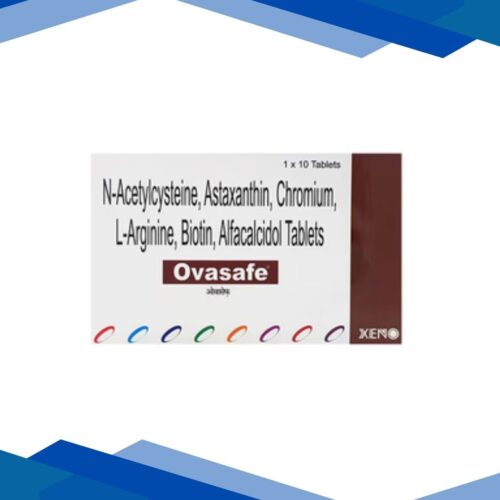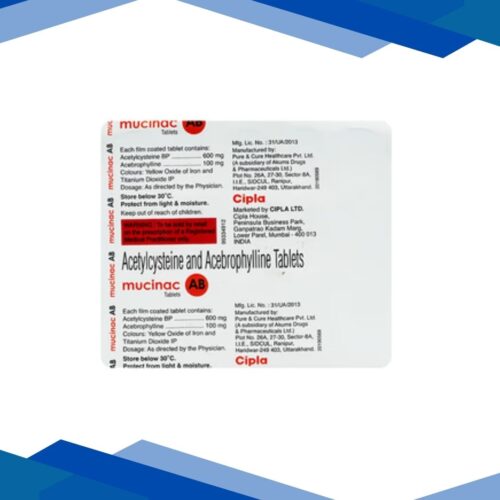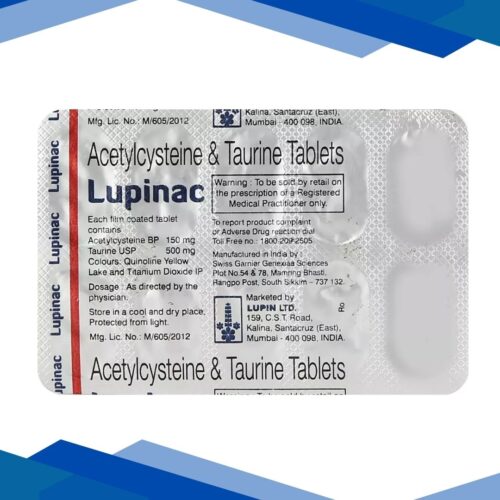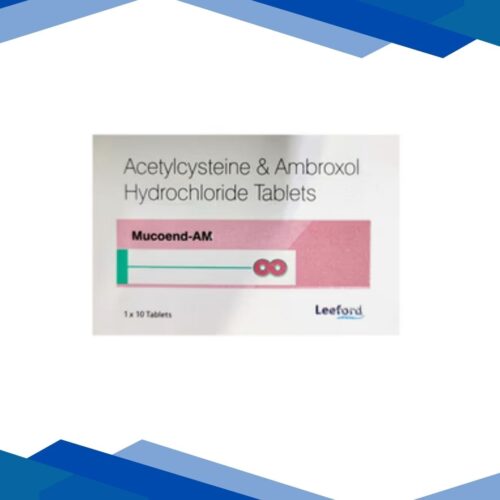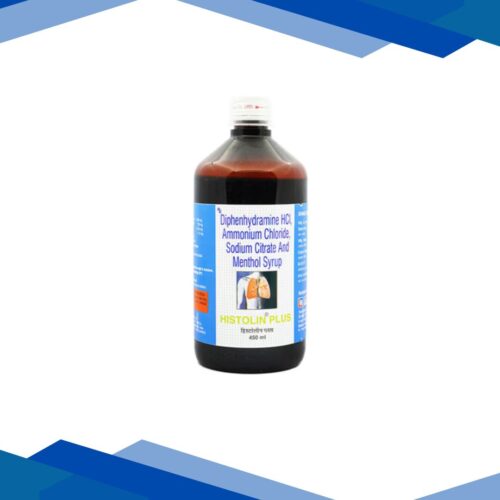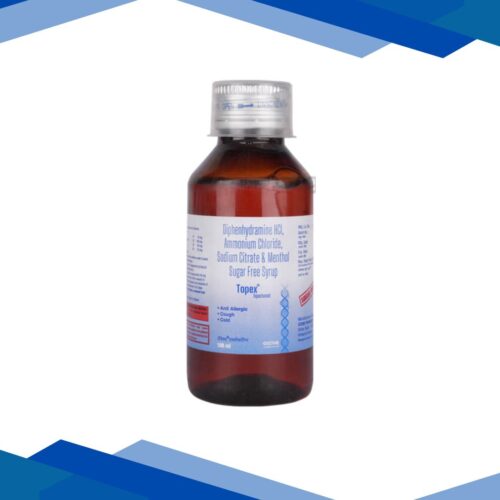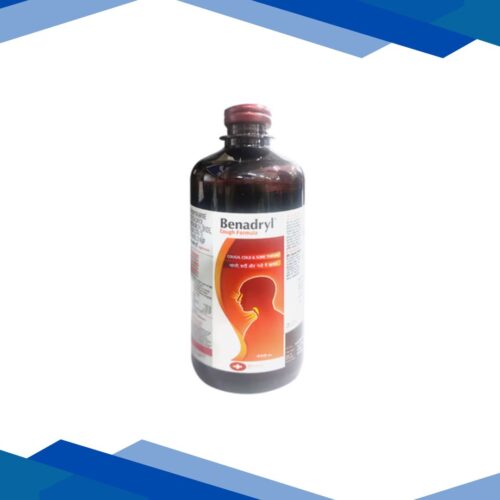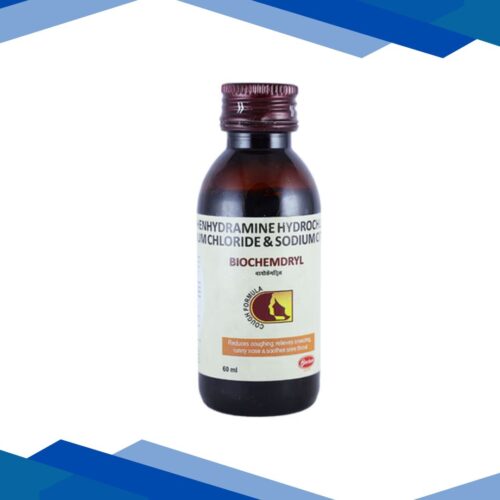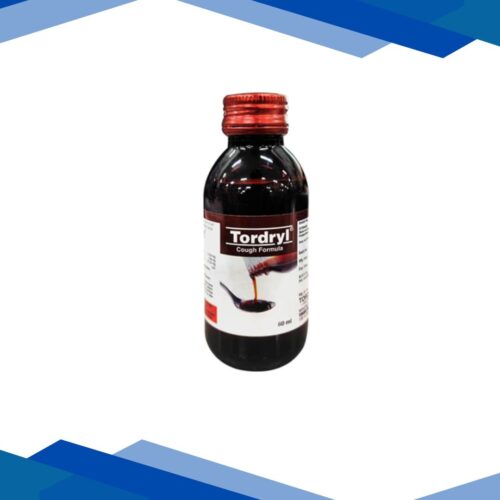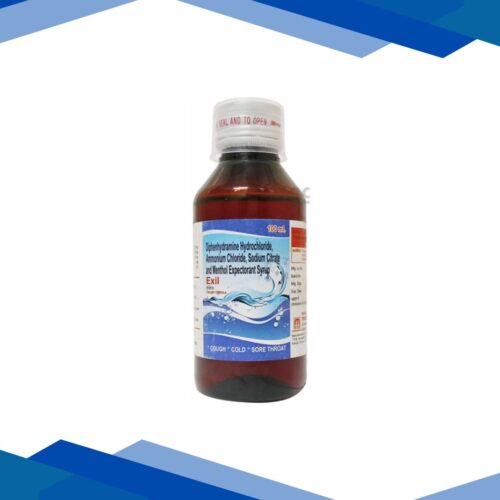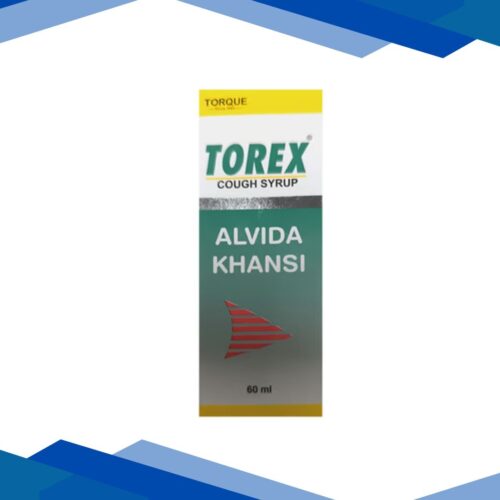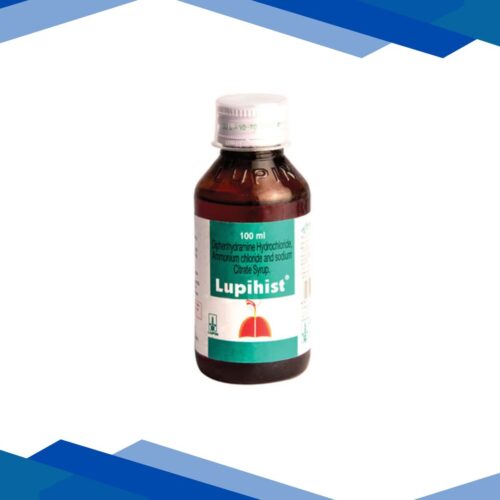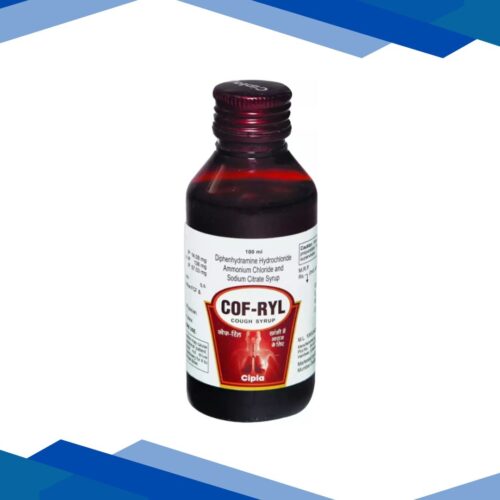MUCINAC AB Tablet 15’s
Microdryl Syrup
No Prescription yet? Don’t worry! Click Here to Get Online Consultation
Why Prescription is Required?
✅ Providing Right Medicines
Prescriptions are complex documents. We proofread and recheck at various steps to provide you the right medication in the correct form and dose.
⚖️ Helps Comply with the Law
Most medicines cannot be sold without a valid prescription, as per the Drugs and Cosmetics Act, 1940 and Rules, 1945.
Book Appointment with Doctor
This combination is used to treat cough, cold, congestion, throat irritation, and breathing discomfort by loosening mucus, reducing cough, and soothing the airways.For more details kindly click on Medicine Slats below.
Ammonium Chloride
AMMONIUM CHLORIDE
Overview:
Ammonium chloride is a medication and chemical compound that helps loosen mucus in the lungs and maintain the body’s acid balance. It’s frequently utilized in cough syrups as an expectorant, that is, a substance that helps to loosen stubborn mucus so it can be coughed up.
Physicians may utilize ammonium chloride to address a condition known as metabolic alkalosis. Here, the medicine is helping the body return to its rightful acid equilibrium.
Though it’s typically safe in accordance with the directions, it ought to be consumed cautiously—in particular, in individuals with kidney/liver/heart issues.
Classification: Acidifier and expectorant
Uses:
To loosen and thin mucus in the lungs, helping to clear chest congestion
Help restore acid-base balance in the body when it becomes too alkaline (a condition called metabolic alkalosis)
How It Works:
Ammonium chloride works in two main ways:
As an expectorant, it irritates the mucous membranes to promote the removal of mucus from the airways, making it easier to cough out.
As an acidifying agent, it increases the level of acid in the blood and urine, helping correct imbalances in the body’s chemistry.
Dosage: As prescribed by your doctor.
Side effects:
Some people may experience:
Stomach upset or nausea
Vomiting
Fatigue or weakness
Irritability
If taken in large amounts or for long periods, it can affect blood pH or kidney function
Precautions:
Should be used with caution in people with kidney disease, liver problems, or high blood pressure
Not recommended during pregnancy or breastfeeding unless prescribed
People on low-sodium diets should use it carefully, as it may raise sodium levels
Always follow the prescribed dose, and avoid self-medicating
Disclaimer:
This content is for informational purposes only. Always consult a healthcare provider for medical advice and proper dosage
Diphenhydramine Hydrochloride
DIPHENHYDRAMINE
Overview
Diphenhydramine is a commonly used medicine to treat allergic reactions, cold symptoms, and itching. It also acts as a sleep aid and helps relieve motion sickness or nausea. It’s available in various forms, including tablets, syrups, creams, and injections.
Classification
Antihistamine
Uses
Eases allergy symptoms like sneezing, runny nose, watery eyes, and hives
Soothes skin irritation and itching due to insect bites, rashes, or eczema
Helps with insomnia (difficulty sleeping)
Used to prevent and manage motion sickness
Relieves cough and cold symptoms when combined with other ingredients
Sometimes used for mild anxiety or restlessness
How It Works
Diphenhydramine works by blocking histamine, a natural substance your body releases during allergic reactions. It also affects certain brain chemicals to cause drowsiness, which helps with sleep and reduces motion-related nausea or dizziness.
Dosage
As prescribed by your doctor.
Side effects
Common effects may include:
Drowsiness or sleepiness
Dry mouth, nose, or throat
Dizziness or blurred vision
Upset stomach or constipation
Feeling groggy or uncoordinated, especially in older adults
Precautions
Can cause drowsiness—avoid driving or operating heavy machinery after taking
Should be used cautiously in older adults, as it may cause confusion or falls
Let your doctor know if you have asthma, glaucoma, high blood pressure, or an enlarged prostate
Avoid alcohol and other sedatives while using this medicine
Not usually recommended for children under 6 without medical advice
If pregnant or breastfeeding, consult your doctor before using
Disclaimer
This content is for informational purposes only. Always consult a healthcare provider for medical advice and proper dosage
Menthol
MENTHOL
Overview:
Menthol is a natural ingredient from mint that gives a cool, refreshing sensation.It’s found in ointments, lozenges, and inhalers to relieve sore throats, open up congested noses, reduce coughing, or soothe minor skin irritation. Its cooling effect helps you feel comfortable, relieved, and more at ease in everyday situations.
Classification: Symptomatic relief agent
Uses:
Menthol is used to provide quick relief from common discomforts. It can soothe a sore throat, calm a cough, ease nasal congestion, and reduce minor skin irritation.Its refreshing, cooling action makes you feel more comfortable and helps reduce the impact of everyday symptoms.
How it works:
Menthol functions to cause the nerve endings on the surface of the skin and mucous membranes to become numb, and thus observe a degree of cooling. This cooling effect fools the brain into thinking it is getting relief from discomfort, opens nasal passages, soothes an irritated throat and minor aches or itching, making you feel more comfortable and refreshed.
Dosage:
As prescribed by your doctor.
Side Effects:
Mild skin irritation or redness
Burning or stinging sensation
Allergic reactions like rash, itching, or swelling (rare)
Mild throat or mouth irritation
Precautions:
While using menthol, make sure to use it as instructed on the product and do not apply it on broken or sensitive skin. When you have been allergic previously, test in a small area to ensure there are no reactions. Do not use large quantities in use internally, such as in lozenges, or cough syrups, and store it away from the reach of children. If you experience difficulty breathing, rash or swelling, stop and get medical attention.
Disclaimer:This content is for informational purposes only. Always consult a healthcare provider for medical advice and proper dosage.
Sodium Citrate
SODIUM CITRATE
Overview
Sodium Citrate is a type of salt that helps make body fluids less acidic.It’s often used to relieve discomfort from too much acid in the stomach or urine. It comes in liquid, tablet, or powder form.
Classification
It belongs to a group of medicines called alkalinizers or urinary alkalinizers. These help reduce acidity in the body.
Uses
To treat acid indigestion or heartburn (burning feeling in the chest)
To make urine less acidic, which can help prevent kidney stones or irritation
Sometimes used before certain medical tests like urine tests or surgeries
In hospitals, it may also be used to manage metabolic acidosis (a condition where the body makes too much acid)
How It Works
Sodium Citrate works by turning into bicarbonate in the body. This helps neutralize or balance out excess acid in the stomach or urine. It makes the body’s environment more alkaline (less acidic), which can reduce pain or irritation caused by acid.
Dosage
As prescribed by your doctor.
Side effects
Mild side effects (usually from too much):
Swelling (especially in hands, feet)
High blood pressure
Feeling bloated or puffy
Serious but rare side effects:
Trouble breathing
Chest tightness
Fast heartbeat
Confusion or seizures (if sodium levels get too high or too low)
Precautions
Tell your doctor if you have heart disease, kidney problems, or high blood pressure
Don’t use too much — too much salt can be harmful
If on a low-sodium diet, check with your doctor first
Follow the dosage exactly if using nasal sprays or IV fluid
Disclaimer
This content is for informational purposes only. Always consult a healthcare provider for medical advice and proper dosage

